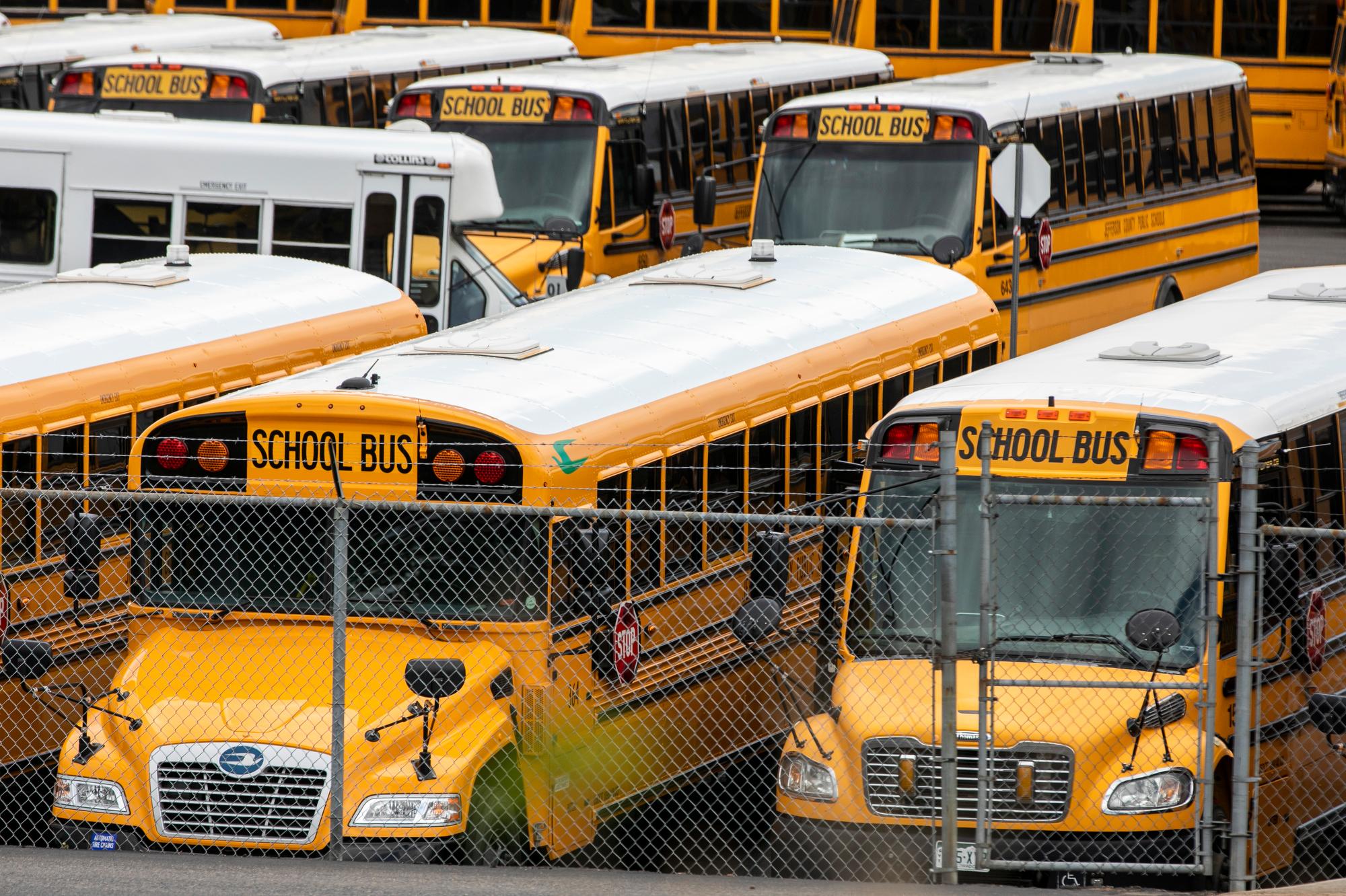
The Trump Administration wants to make it harder for states to provide food benefits to unemployed adults without dependents.
In Colorado, that could mean the end of food stamps for hundreds of people, but not the tens of thousands reported by some politicians.
Currently, able-bodied people who aren’t caring for children can only get Supplemental Nutrition Assistance Program (SNAP) benefits if they’re working at a job that pays less than $16,237 a year. Unemployed adults have three months to find work before they lose their benefits.
In the past, states were able to get waivers to extend that time limit for people living in significantly economically depressed areas, where it could be a struggle to find a job in the time allowed.
In Colorado, five counties and the Ute Mountain Ute reservation are under this waiver. 895 people currently receiving benefits in those areas could potentially lose them.
According to figures provided by the state, the breakdown includes: Conejos (104), Hinsdale (5), Huerfano (143), Saguache (66), Fremont (502), and the Ute Mountain Tribe (75).
Ki’i Powell, director of the Colorado Office of Economic Security, said able-bodied people without children make up a small fraction of those receiving food benefits.
“Historically, that’s not generally what we tend to see in terms of our clients that are on SNAP,” Powell said. “Many of them are families and many of them are working.”
Colorado provides SNAP benefits to an average of 456,000 individuals a month. When news of the rule broke earlier this week, it came with confusion over how many of those Coloradans might be affected.
Two different, much larger numbers than the 895 count were used by Democrats Rep. Ed Perlmutter and Sen. Michael Bennet in official statements.
Powell said that 33,000 Coloradans could potentially be affected by other changes proposed by the Trump Administration, which has released three proposals to restrict eligibility for food stamps.
But the change for unemployed able-bodied adults without children, which would affect the 895, is the closest to taking effect, in April 2020.
Perlmutter’s team said they got that figure from a letter Adams County sent to the U.S. Department of Agriculture in August to condemn another of the proposals, which would eliminate benefits for most single adults and potentially for families that make more than 130 percent of the federal poverty line.
In Bennet's statement, he said it could potentially impact 41,000 Coloradans.
“In the midst of the holiday season, Americans struggling to make ends meet are learning that the Trump Administration will soon cut off critical nutrition assistance," Bennet said in a press release.
That 41,000 figure came from the Colorado SNAP State Plan from 2017 that calculates the state has about 41,276 individuals on food assistance who fall into that able-bodied with no dependents demographic.
That number, however, includes many who are working and will continue to be eligible under the upcoming rule change.









